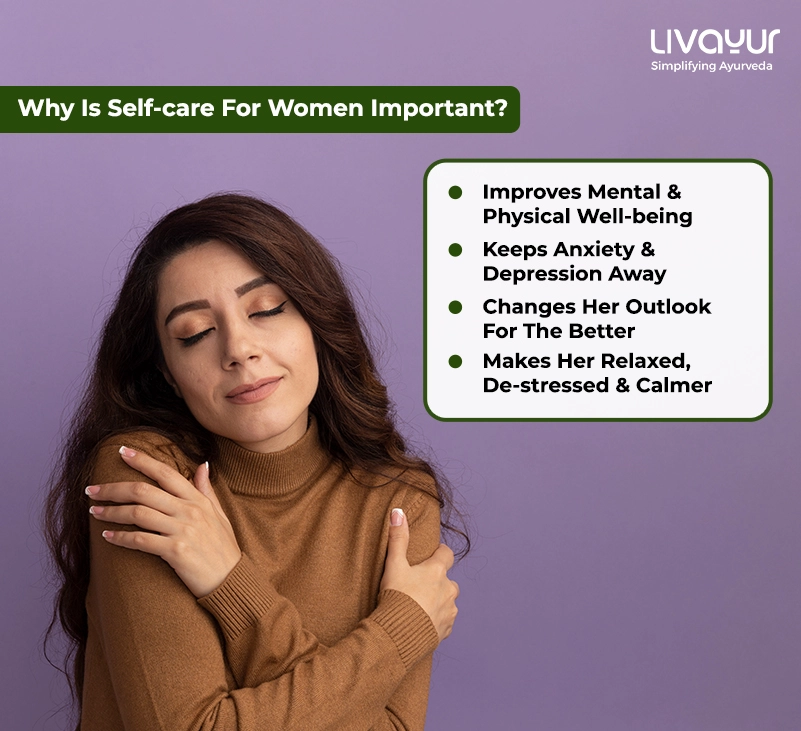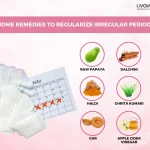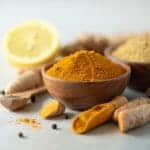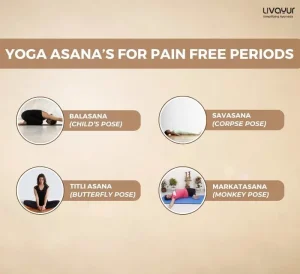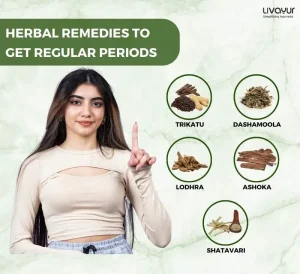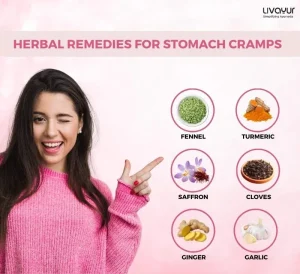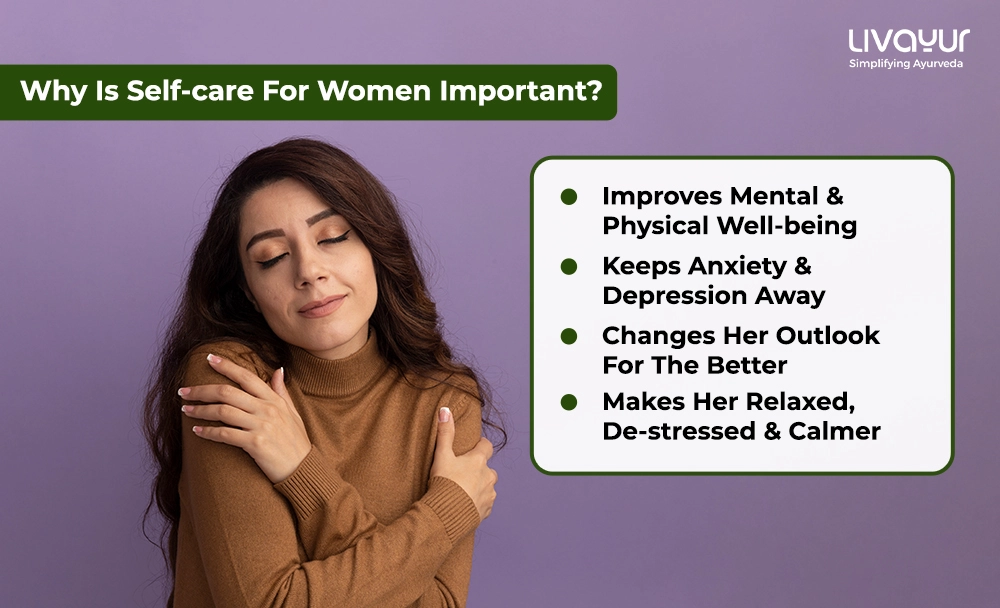
Women go through many psychological and physiological changes in their life, right from the first menstruation cycle to their old age. These changes can affect women’s health significantly and impact their reproductive system. According to Ayurveda, these changes can also manifest into disorders if proper lifestyle and diet are not maintained. It can cause an imbalance in the Vata Dosha, which is considered the leading cause of disorders pertaining to women’s health. [1] Therefore, every woman must follow certain self-care practices to keep herself fit and fine for many years to come. [4] This article will offer adequate tips and guidance on self-care for women. Read on to learn more:
What Causes Vata Imbalance In Women? [1]
1. Poor Lifestyle Habits
If you strain your body and mind with excessive physical activities such as Yoga, your Vata Dosha may become imbalanced. Wrong sleeping patterns, skipping meals and suppressing natural urges such as hunger, thirst, urination, etc., can also lead to Vata imbalance. It can cause problems, such as headache, bloating, nausea, menstrual pain, anxiety, etc.
2. Psychological Factors
Stress, anxiety, fear, depression, etc., can also cause Vata imbalance and affect the physical and mental health of women. It can especially affect the menstruation cycle of females and affect their reproductive health.
3. Unhealthy Diet
Eating an unhealthy and junk food-based diet, full of foods that can aggravate Vata Dosha, may also cause many disorders related to women. Some of these unhealthy foods include excessively spicy foods, cold water, processed and refrigerated foods, sour foods, canned items, uncooked and raw foods, etc.
Why Is Self-care For Women Important?
1. Improves Mental & Physical Well-being
Self-care can prepare a woman both mentally and physically to look after her family. In fact, self-care can give her a healthier mind and body to handle her daily chores more efficiently. [3]
2. Keeps Anxiety & Depression Away
Self-care can reduce a woman’s vulnerability to overwhelming emotions and make her less susceptible to anxiety and depression. [9]
3. Changes Her Outlook For The Better
Self-care literally means ‘taking care of one’s own self’. The mindset to take care of herself changes a woman’s outlook towards certain things. She understands the fact that taking care of herself is not selfish; it is as important as taking care of others. [3]
4. Makes Her Relaxed, De-stressed & Calmer
Self-care is an amazing stress buster. It can make a woman aware of her worth in her life. That makes her happier, calmer and thoroughly relaxed. [3]
5. Increases Her Energy & Concentration Levels
Self-care can help a woman feel more energetic and enthusiastic, it can improve her concentration levels.
Lifestyle & Diet Recommendations by Ayurveda for Women
During Menstruation [2]
- Avoid eating heavy foods, such as meat and junk foods. Instead, prefer foods that are light to digest, such as green gram (Moong), wheat, barley, etc.
- Avoid eating excessive spicy, salty and sour foods.
- Do not drink cold water or eat refrigerated food. Always eat warm food and take warm water during menstruation.
- Avoid physical strain through activities such as excessive walking, travelling, etc.
During Pregnancy [6]
- Eat freshly prepared, home-cooked and wholesome foods that are light to digest.
- Include ghee, turmeric milk, leafy vegetables, sweet potatoes, pomegranate, walnuts, almonds, fennel seeds, cumin seeds, coconut water, etc., in your diet.
- Avoid eating uncooked and raw foods. Also, restrict eating raw papaya, raw pineapple, castor oil, tea, coffee, alcohol, raw meat, etc.
- Avoid activities that can cause strain on the body, such as lifting heavy things, travelling, etc.
During Menopause [5]
During menopause, all three Doshas are likely to get imbalanced. Therefore, diet and lifestyle should be based on the Dosha imbalance. [5]
- In case of Vata imbalance, involving symptoms like mood swings, constipation, anxiety, insomnia, etc., avoid eating dry and cold food. Also, prevent excessive physical exercises such as travelling.
- If you have Pitta imbalance, eat bitter and sweet-tasting foods such as green gram, barley, coconut water, etc. Also, avoid spicy, salty and sour foods such as pickles and chillies.
- In case of Kapha imbalance, meaning that you experience obesity, depression, etc., avoid taking excessive sweet, oily, heavy and raw foods. Ayurveda also recommends not sleeping during the day if your Kapha is aggravated.
More Health Tips by Ayurveda and Yoga for Women
- Indulge in self-oil massage or Abhyanga every day. It helps to keep Vata balanced, improve skin health, prevent dryness, lubricate joints, relaxes muscles and treat joint pain. [1]
- Exercise every day for at least half an hour. It will help regulate body weight, reduce obesity, boost bone and muscle health, relieve stress and treat depression.
- Drink an adequate amount of water. Lukewarm water is recommended if you have Vata imbalance. It will help improve digestion and metabolism in the body.
- To treat Vata imbalance, you can also eat overnight soaked raisins on an empty stomach in the morning. It will stimulate bowel movements and relieve constipation.
- Practice meditation every day to relieve stress and anxiety. It also helps to improve immunity, balance Doshas and boost digestion. [5]
Herbal Remedies by Ayurveda for Women’s Health
1. Shatavari [7]
One of the best Ayurvedic herbs for women’s health, Shatavari acts as an aphrodisiac and reproductive tonic. It helps balance Vata and Pitta Dosha in the body while also promoting lactation.
2. Ashoka [8]
Ashoka is a highly beneficial herb for improving the health of the uterus and reproductive system. It helps to promote a healthy menstruation cycle and soothe the nervous system.
3. Fenugreek
Fenugreek or Methi has a profound effect on women’s health. It helps to improve digestion, promote lactation and rejuvenate the reproductive system.
4. Ashwagandha [5]
One of the most popular Ayurvedic herbs, Ashwagandha helps nourish the body tissues and reduce stress and anxiety.
5. Guduchi [5]
The stem of this herb is extensively used in Ayurveda to treat various female health problems. It helps to calm the nervous system, reduce stress, fight inflammation and prevent free radical damage.
6. Yashtimadhu [5]
Yashtimadhu or liquorice is used in most Ayurvedic medicines for women’s health. It helps treat health problems pertaining to menopause and reduce inflammation in the body.
FAQs
1. When can I start my self-care practices?
You can start it anytime you wish to. There is no particular time or day for starting with self-care.
2. How can I stick to my self-care routine?
Once you have decided to practice self-care, make an agenda and set your goals. Figure out how you can include those practices in your everyday life without disrupting the life of others around you. Make adjustments and tweaks as you move ahead.
3. Can I get support for self-care?
Yes, you can get support from a friend or family member who will not judge you. It is always better to seek support from a like-minded person.
4. Are self-care and self-love the same?
Though there are some similarities between self-care and self-love, the two are not entirely the same. If you love yourself, you’ll care for yourself obviously. But, sometimes only self-love exists without the urge for self-care and that is narcissism, which borders on selfishness.
5. What are the four golden self-care rules?
The four golden rules of self-care are:
• Self-care may sometimes mean elimination.
• Self-care is never static.
• Never compare your self-care practices with that of others.
• Self-care is a way of life.
Conclusion
Ayurveda, since time immemorial, has been treating female health problems through a natural and holistic approach. According to Ayurveda, a healthy lifestyle and diet, specific to each stage of life and Dosha imbalance, will help reduce the risk of developing many disorders related to menstruation, menopause, pregnancy, etc. Women self-care is an important area that every woman must pay attention to. By following the proper self-care practices as mentioned in this article, a woman can increase her fitness quotient to a large extent.
Disclaimer
This article is only for providing a general knowledge perspective and does not constitute medical advice. Kindly seek the help of a trained medical practitioner before initiating any treatment.
References
- AYURVEDA VIEW ON COMMON MENSTRUAL DISORDERS, CAUSES, SYMPTOMS AND MANAGEMENT
- Concept of Rajaswala Paricharya (Care for Woman during Menstruation) in Ayurveda: Tool to Enhance Fertility
- Women’s self-care behavior and its relationship with social capital in Yazd, Iran
- A situation analysis on postmenopausal women’s self-care needs and priorities in Tehran: a population-based study
- A REVIEW ARTICLE: AYURVEDIC APPROACH FOR A MENOPAUSAL WOMEN’S HEALTH
- Diet and regimen during pregnancy
- Asparagus racemosus (Shatavari): A Versatile Female Tonic
- Asoka: Herbal Boon to Gynecological Problems An Overview of Current Research
- Self-care for anxiety and depression: a comparison of evidence from Cochrane reviews and practice to inform decision-making and priority-setting




